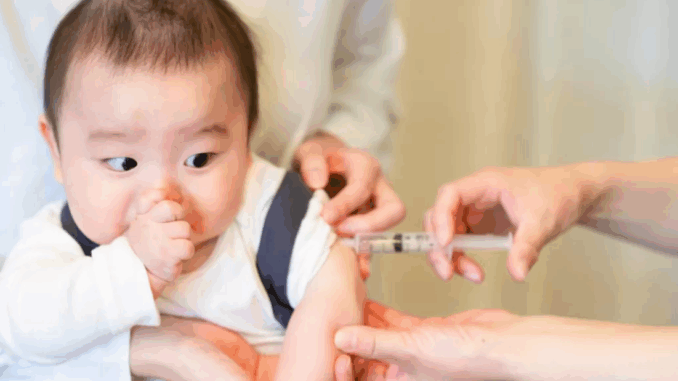
In recent years, studies and concerned parents have raised questions about a temporal association between infant vaccinations and cases of Sudden Infant Death Syndrome (SIDS).
Now, six major analyses have found that a majority of SIDS cases—up to 78%—occurred within the first week following routine childhood immunizations.
“These vaccines are killing infants,” said Dr. Paul Thomas, explaining the findings during a recent Childrens Health Defense podcast. “You take your healthy baby into the office and then you find them dead? The most deaths happen on the first day [post-vaccination]. Day zero. Then the next most common death day is day two. And then day three.”

BYPASS THE CENSORS
Sign up to get unfiltered news delivered straight to your inbox.
“In my book Vax Facts, the chapter on SIDS makes it really clear,” said Dr. Thomas, a father of nine children.
Florida Lawmakers To Arrest Bill Gates For 'Chemtrails Crimes' Spanning Decades
“If you look at the six studies that were well done that compared infant death to when they got their vaccines, and in the infant period the TDAP is one of those really worrisome ones, 78%, if you put all six studies together, happened in the first week after the vaccine.”
These findings have sparked calls for more rigorous, independent research into the potential timing correlations, though public health agencies like the CDC and WHO maintain that vaccines are not a cause of SIDS.
Incredibly, despite the damning numbers, the CDC continues to maintain that immunization may offer a protective effect against SIDS by helping to prevent infectious diseases that themselves could trigger SIDS in vulnerable infants.
Still, for parents who have experienced the sudden, unexplained loss of a child shortly after vaccination, the questions remain painfully unresolved.
Health professionals emphasize the importance of continuing scientific inquiry and open discussion. Transparency, they say, is critical for building and maintaining public trust—especially when it comes to something as sensitive and emotionally charged as infant health.
As the conversation evolves, one thing is clear: more data, more research, and less Big Pharma control over the dissemination of information is needed.
Latest Video
Source link

